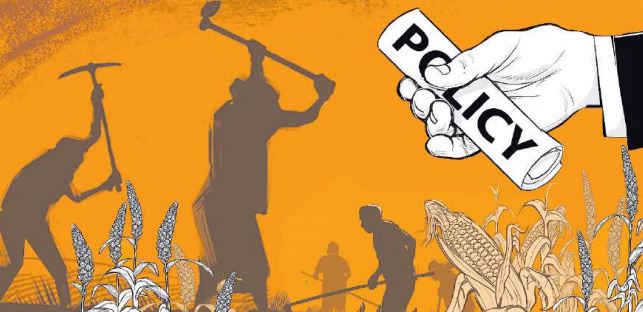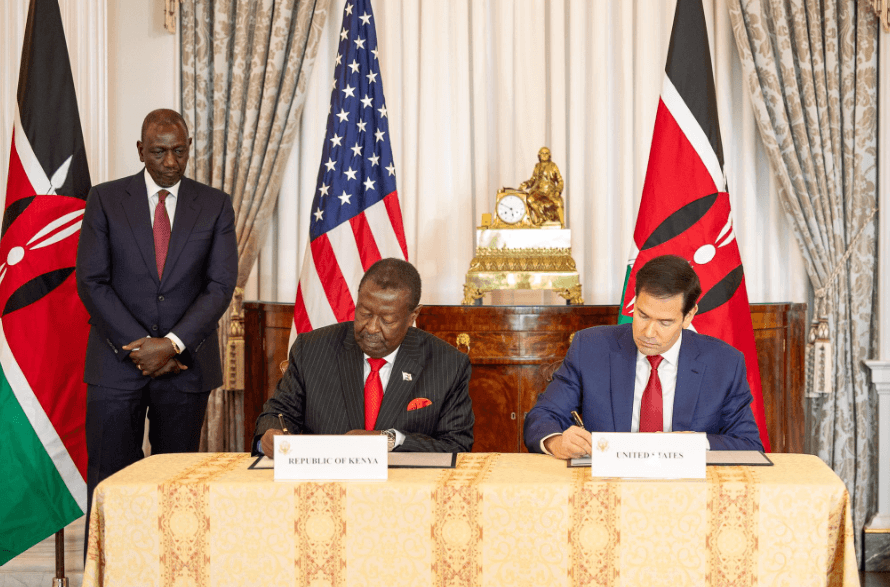I often see occasional columnists in our mainstream press define themselves as “policy experts.”
So here is a question for such experts to consider:
Given Kenya has a predominantly agrarian economy, and the bulk of our population is likely to depend on agriculture of one kind or another for the foreseeable future, what three policy proposals would you put forward as providing the key to widespread rural prosperity in Kenya?
This is an issue that I, along with many others, keep raising from time to time.
And as someone who has followed debate on this subject for many years now, I would say that the following are the only concrete proposals that have dominated such debate:
First, and perhaps most important is widespread irrigation, not only of vast empty semi-arid regions, but even at the individual small-scale farmer level. For with scientific irrigation, small-scale farmers would no longer need to anxiously scan the skies in the weeks leading up to the traditional “rainy season” in search of signs that the rains will fall on schedule. Rather, there would be an assurance of enough water for as many “planting seasons” as the crops grown in any one zone would allow.
Annual harvests could potentially be tripled in volume as well as in value.
Second, and somewhat more controversially, is the adoption of genetically modified agriculture products.
Controversy persists in that, for example, while GMO maize (or “corn” as they call it in the US) has widespread acceptance in the US, GMO wheat is not as popular. And indeed GMO wheat remains banned within the European Union.
And yet the benefits of GMO maize, for example, have long been established on a clear scientific foundation: higher productivity, resistance to fungal infections and reduced reliance on pesticides.
Finally, there is the question of affordable small-scale farm mechanisation.
Now whereas it is true that the harvesting of the best tea leaves, coffee beans, or flowers and fruit, require the delicate hand, of an experienced farm worker, there are other activities in farming, such as tilling the ground, or the sowing of seeds, which need not require backbreaking labour. There are machines – most conspicuously the mini-tractors – which can perform these tasks far more efficiently.
We all know that the low-cost “Chinese model” motorbikes, known locally as ‘boda boda,’ have revolutionised rural transport.
Where there are no proper roads, they are used to carry such diverse cargo as livestock; entire families of up to five persons on one such boda boda; large pieces of furniture or timber; and even an occasional coffin with a corpse inside it, securely tied to the motorbike.
Given these examples, there can be no doubt that just as boda boda motorbikes have created an affordable transport option where there was none, so too could appropriately cheap, multipurpose mini-tractors perform some of the most demanding tasks on the small-scale farm.
So there you have three fairly sound ideas on how rural productivity might be enhanced, and thus, rural incomes improved.
But then we come to the next stage, which is conceiving and implementing specific projects for actualising these ideas. And that is where problems arise.
The key problem is that because some of our most valuable cash crops (tea, coffee, flowers, fruits and vegetables) are grown for the export market, I think farmers who embark on the journey to increased productivity should have some assurance that their produce will not remain rotting in the field, because they lacked a ready market.
There has to be a confirmed demand for these agricultural products, or else all that effort and innovation will have been in vain.
And this is where Kenyan hopes of thriving rural communities come up against the grim reality of the powerful agriculture sector lobby groups of the wealthy industrial nations, which are our primary target markets.
Even though those who make a living through farming are a tiny percentage of the population of such countries, they generally have enormous political leverage, and this guarantees that they will be shielded from any serious competition from cheap imports of farm produce for the foreseeable future.
















